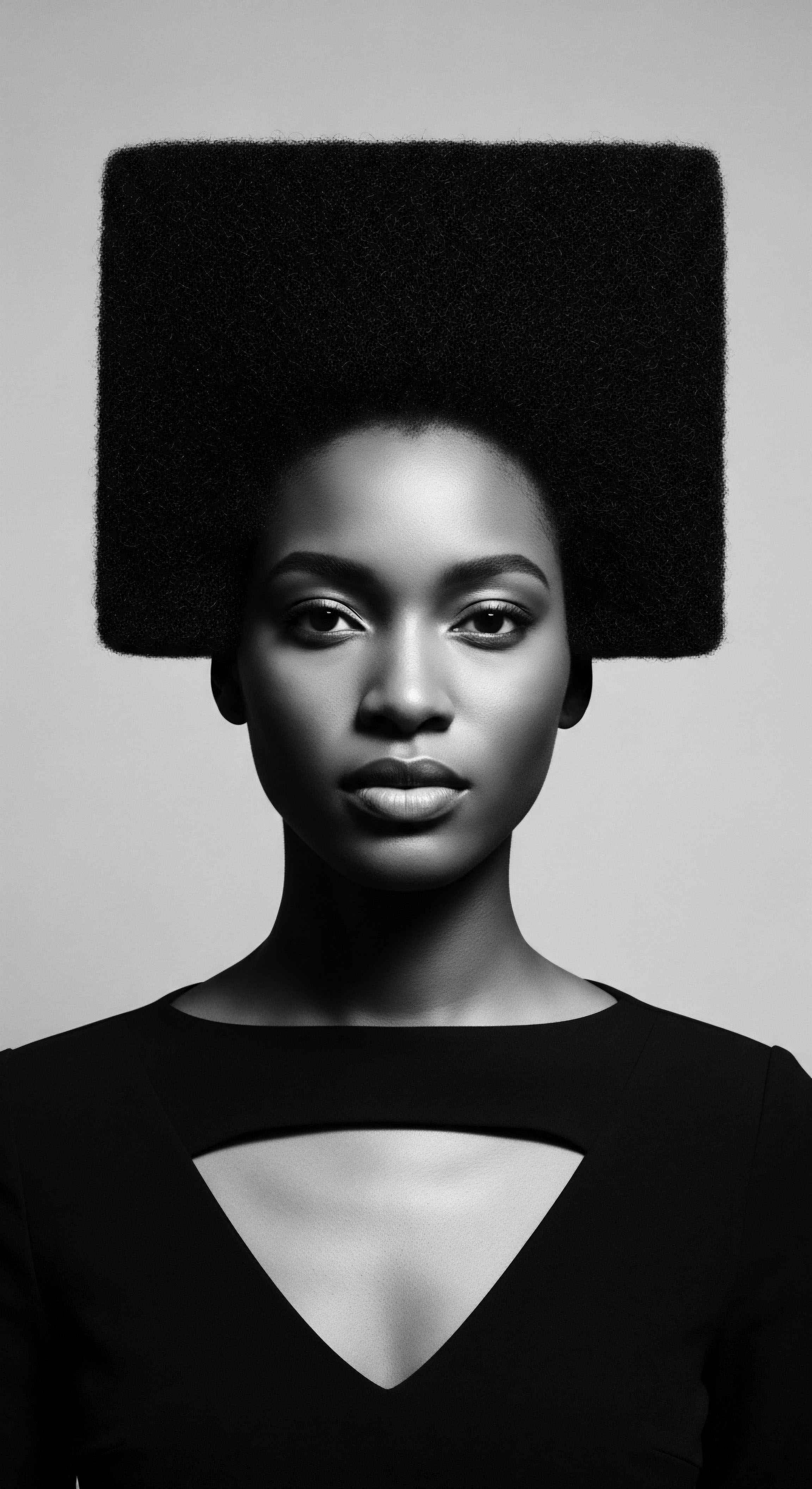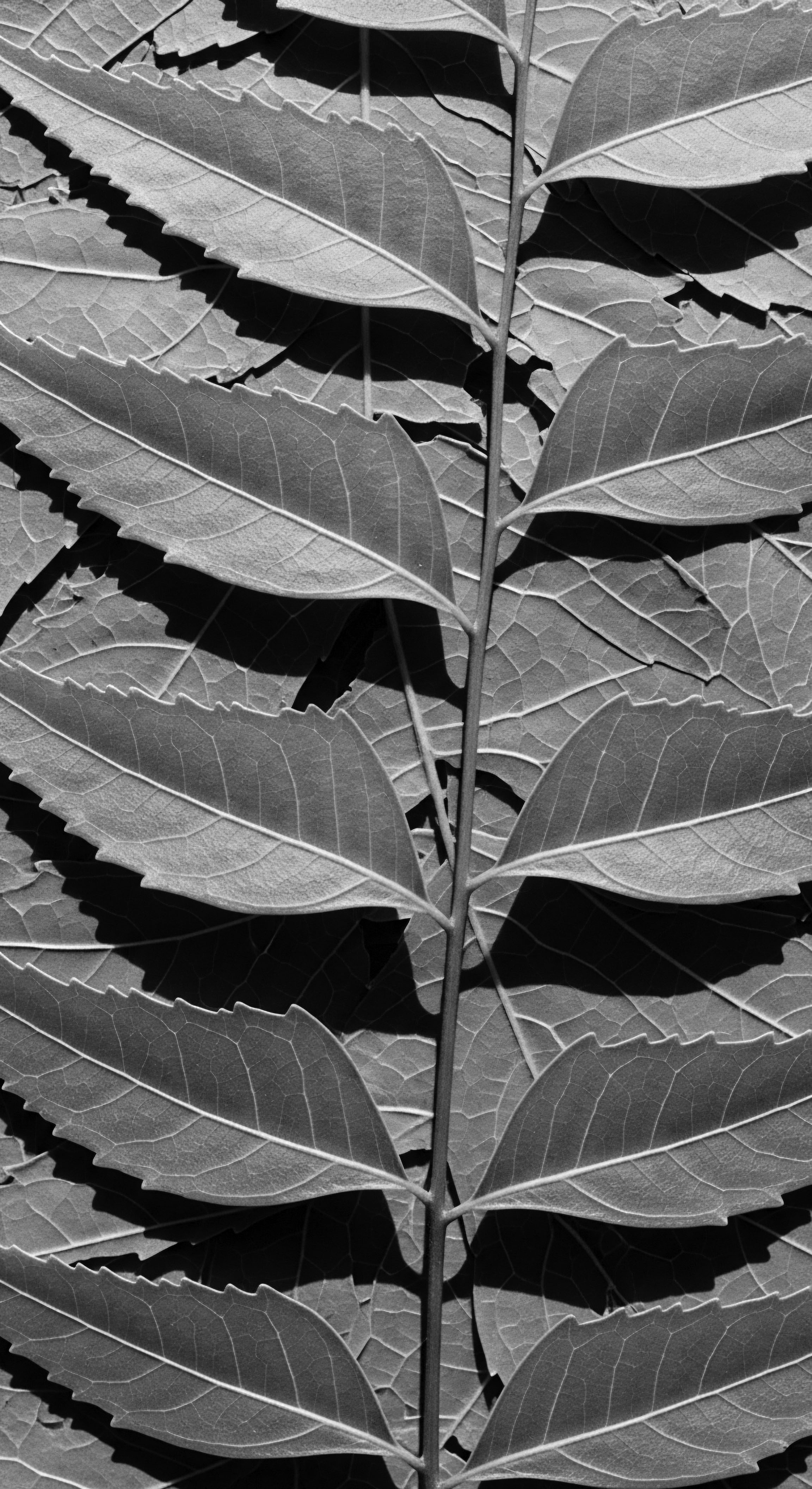
How Did Ancient Hair Care Practices Influence Modern Regimens?
Ancient hair care practices, deeply rooted in Black and mixed-race heritage, laid foundational principles for modern textured hair regimens.
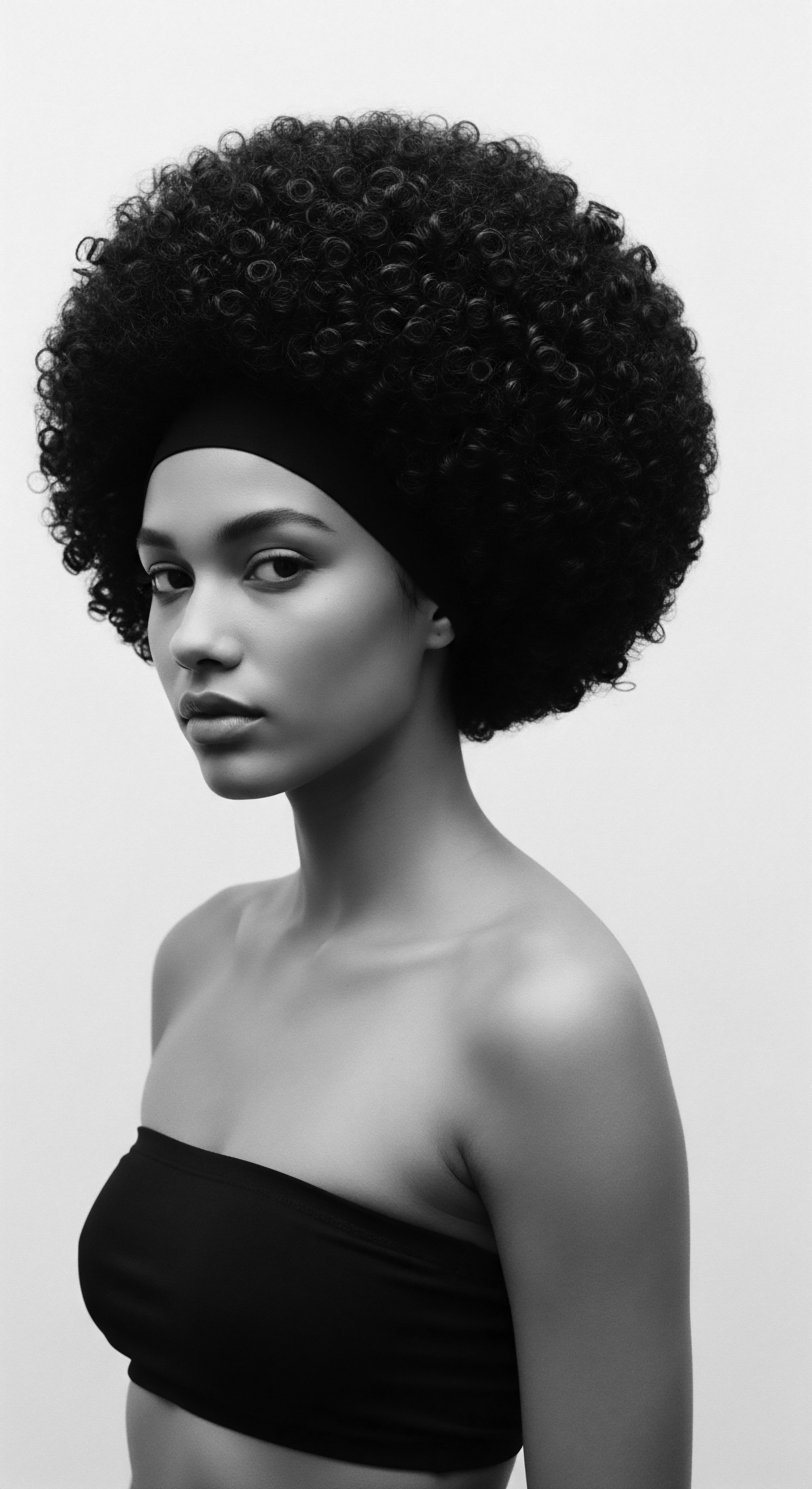
Which Traditional African Remedies Still Protect Textured Hair?
Traditional African remedies, from nourishing oils to protective powders, continue to safeguard textured hair by honoring its unique heritage and needs.
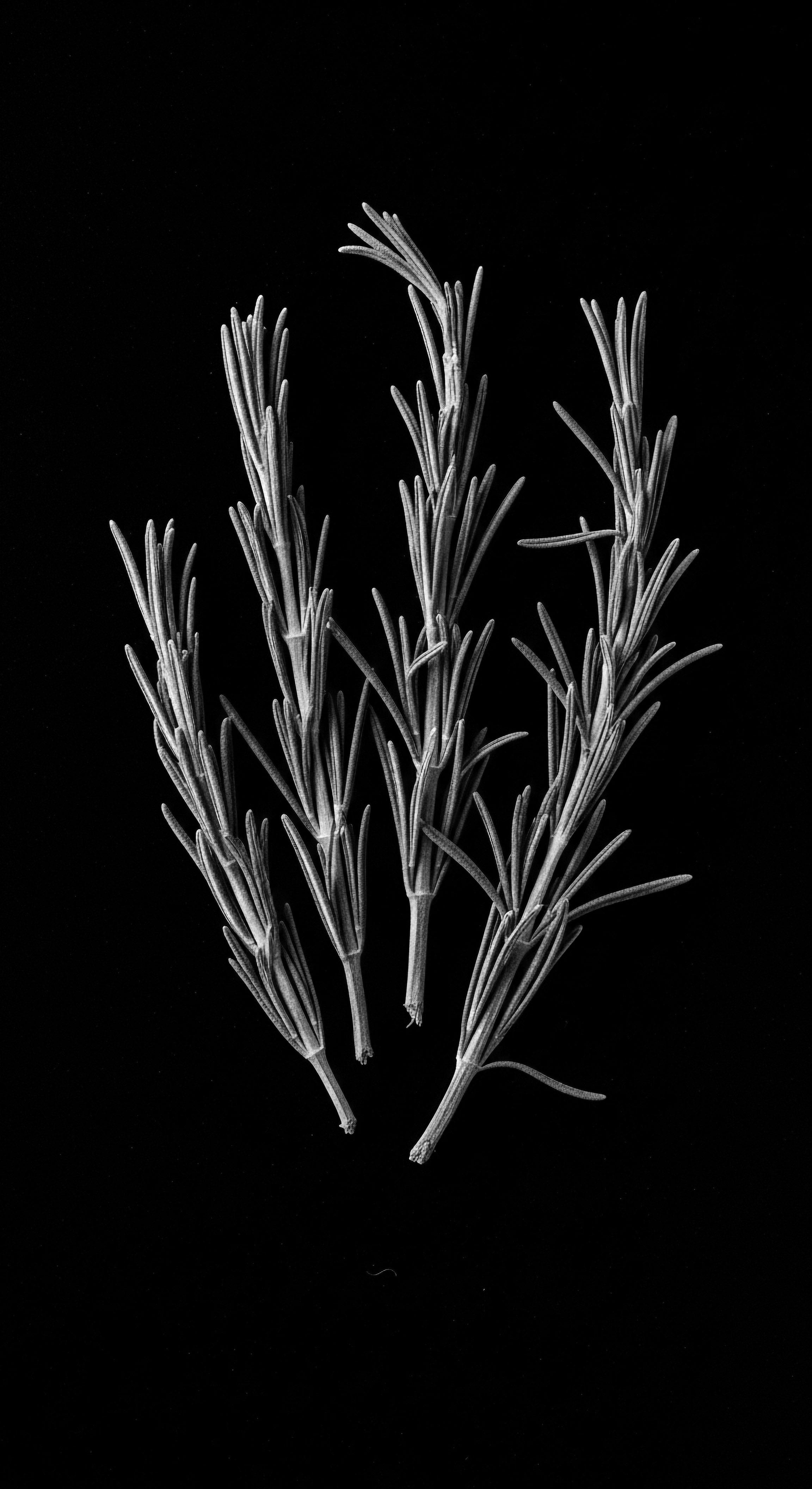
Why Do Historical Events Matter in Understanding Modern Textured Hair Routines?
Historical events underscore modern textured hair routines, anchoring them in ancestral ingenuity, resilience, and profound cultural heritage.
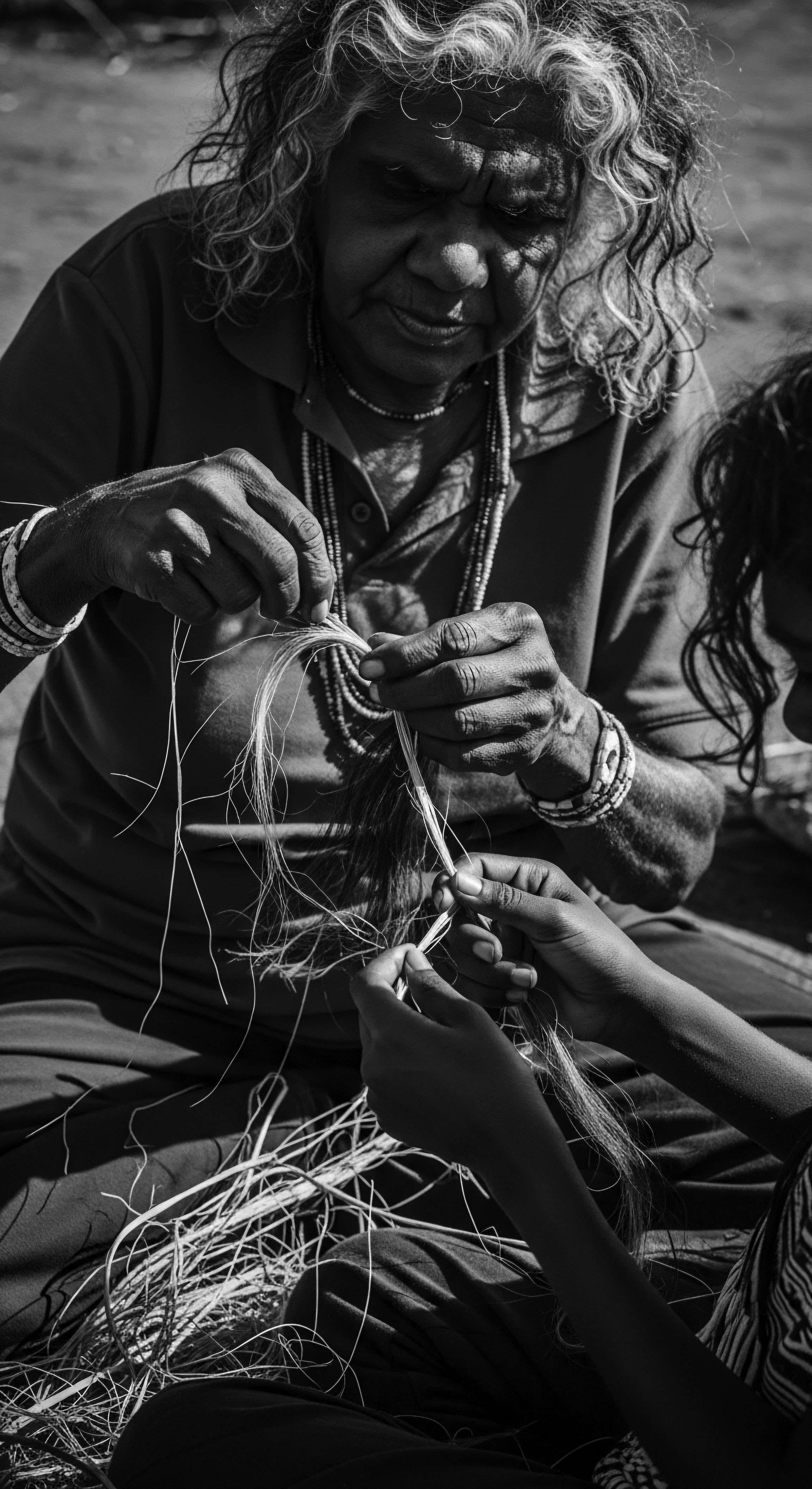
How Does Heritage Shape Hair Routines?
Heritage guides textured hair routines through ancient biological understanding, resilient cultural practices, and shared ancestral wisdom.

